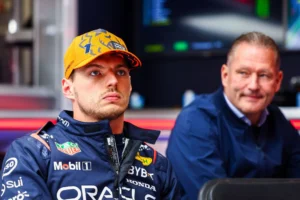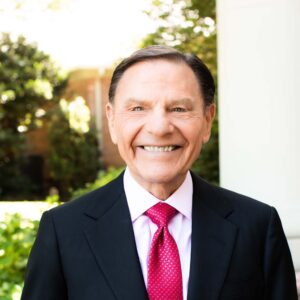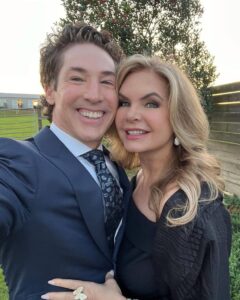Denny Hamlin, NASCAR driver and co-owner of 23XI Racing, stirred up debate recently by accusing the media of bias in their coverage of an ongoing antitrust lawsuit involving his team. The lawsuit centers around NASCAR’s recent efforts to revamp its ownership model and the allocation of charters—a system that grants teams guaranteed starting spots in races. Hamlin, a vocal critic of NASCAR’s governance, has long been a key figure in this legal battle, which aims to address what he and other teams see as an unfair distribution of revenues and resources between the teams and NASCAR.
Hamlin’s accusations came during a press conference, where he implied that certain media outlets were failing to present the teams’ side of the dispute accurately. According to Hamlin, much of the media’s reporting has favored NASCAR’s perspective, overlooking the core issues raised by the teams. He suggested that the press is downplaying how the current structure benefits the organization at the expense of teams that invest heavily in the sport. This, he argues, creates a distorted narrative that could affect public perception of the lawsuit and its potential consequences for the sport.
Fans have responded with mixed reactions to Hamlin’s comments. On one hand, many fans who have followed his career and support 23XI Racing have rallied behind him. They argue that the media, like other industries, is often influenced by relationships with powerful entities, which in this case could be NASCAR. These fans share Hamlin’s concerns about fairness in the sport, particularly regarding the distribution of revenue and power between teams and NASCAR. For them, Hamlin’s accusations underscore the importance of transparency and balance in media reporting.
On the other hand, some fans and analysts are skeptical of Hamlin’s claims, questioning whether his frustrations stem more from personal grievances than actual media bias. They argue that NASCAR, like any other major sports organization, faces scrutiny and criticism regularly, and that media outlets cover both sides of disputes. Critics also point out that Hamlin, as a competitor and team owner, has a vested interest in shaping the narrative in his favor. To them, his accusations appear more like an attempt to rally public support for the lawsuit rather than a genuine concern about journalistic integrity.
In the midst of these reactions, the antitrust lawsuit continues to loom large over NASCAR’s future.








